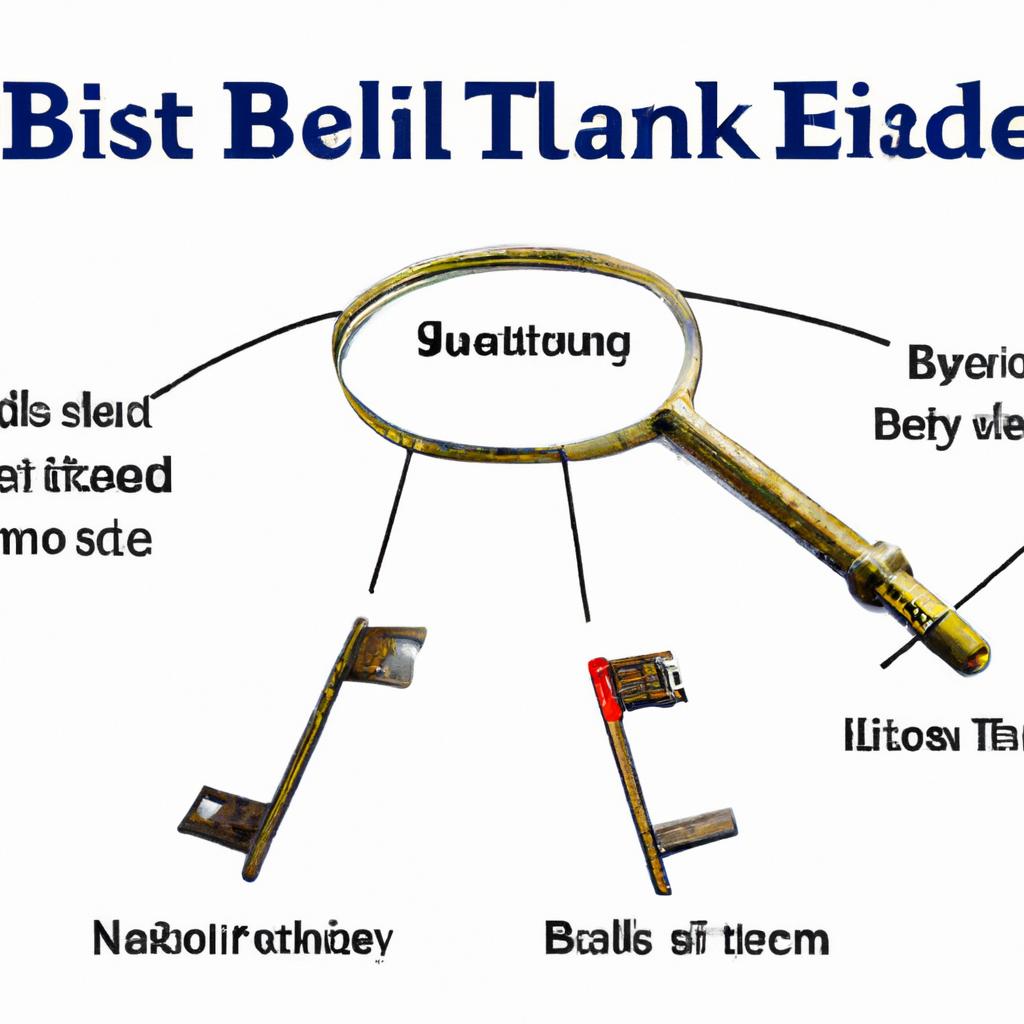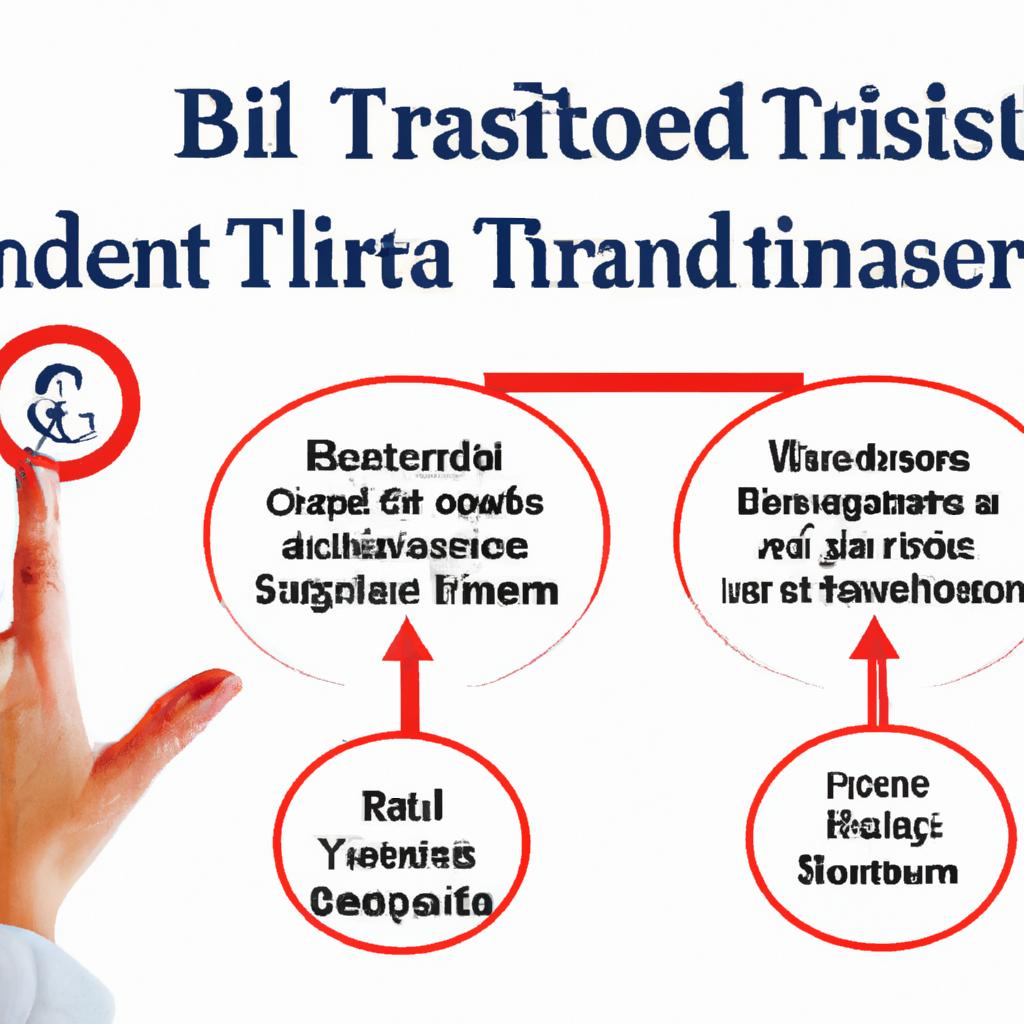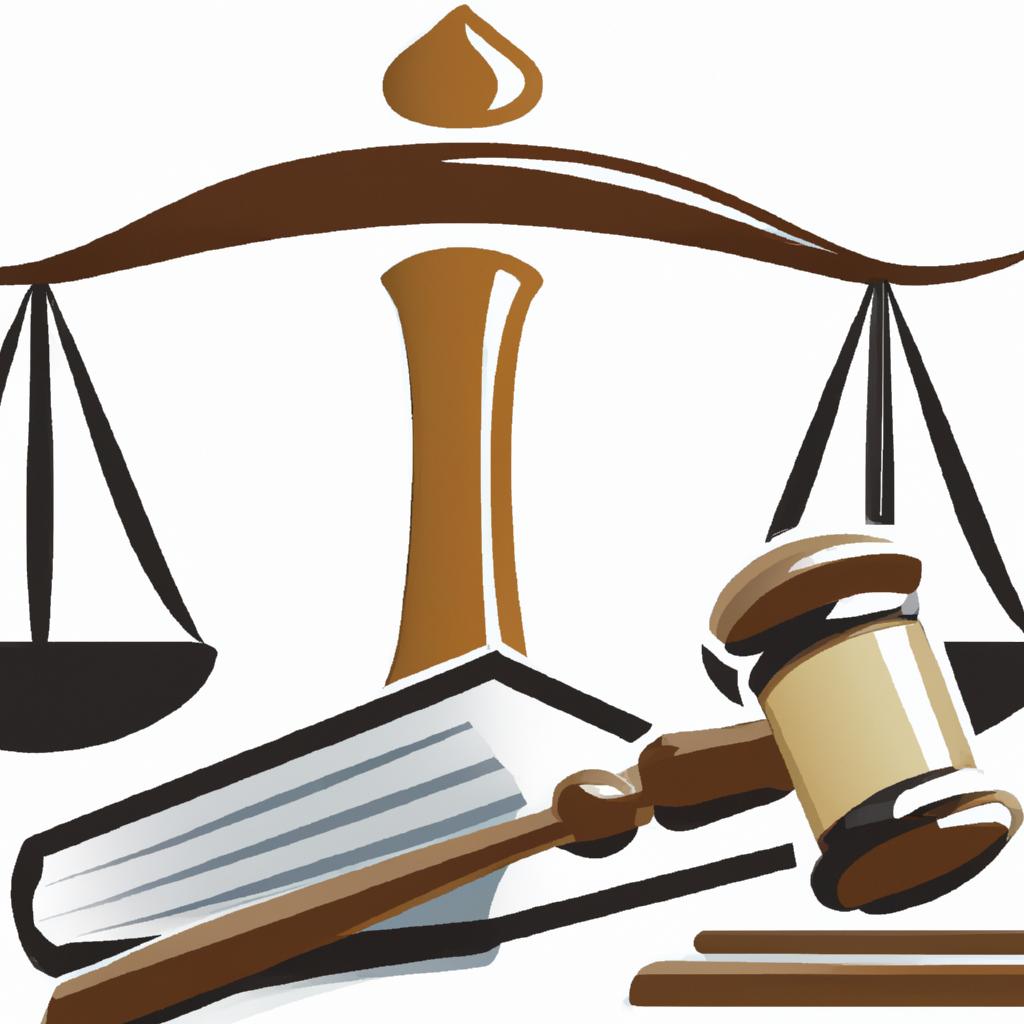As seasoned legal professionals at Morgan Legal Group, based in the bustling metropolis of New York City, we often encounter clients seeking to establish blind trusts as part of their estate planning strategies. In this article, we dive into the intricacies of what exactly a blind trust entails and how it functions within the realm of trust law. Join us on this enlightening journey as we unravel the mysteries behind blind trusts and shed light on their essential role in safeguarding assets and maintaining confidentiality for trust beneficiaries.
Understanding the Concept of a Blind Trust
When it comes to managing assets and investments, a blind trust is a crucial tool that allows individuals to maintain anonymity and avoid conflicts of interest. In a blind trust, the trustee is given full control over the assets and investments, while the beneficiary has no knowledge of the specific holdings within the trust. This arrangement ensures that the beneficiary is shielded from any potential conflicts of interest or ethical concerns, as the trustee makes all investment decisions without the beneficiary’s input.
One of the key features of a blind trust is confidentiality. The beneficiary entrusts the trustee with managing their assets in a confidential manner, ensuring that their financial affairs remain private. Additionally, a blind trust provides a level of independence for the beneficiary, as they are not involved in the day-to-day management of their investments. This allows the beneficiary to focus on other aspects of their life without being burdened by financial decisions. Overall, a blind trust can offer peace of mind and protection for individuals who want to maintain a hands-off approach to managing their assets.

Key Components and Mechanics of a Blind Trust
Blind trusts are essential tools for individuals looking to avoid conflicts of interest while managing their assets. With a blind trust, the trustee holds the assets on behalf of the beneficiary without disclosing the specific investments or transactions to the beneficiary. This arrangement ensures that the beneficiary remains unaware of how the assets are being managed, allowing them to focus on other aspects of their life without potential biases.
One key component of a blind trust is the selection of an independent and trustworthy trustee. The trustee is responsible for managing the assets in the trust without interference from the beneficiary. Additionally, the trust agreement should outline specific guidelines for the trustee to follow, including restrictions on communication with the beneficiary regarding the trust’s investments. By establishing clear boundaries and procedures, a blind trust can effectively protect the beneficiary’s interests while promoting transparency and ethical management of assets.
Benefits and Drawbacks of Utilizing a Blind Trust
When it comes to managing assets and maintaining privacy, utilizing a blind trust can have both benefits and drawbacks. One of the primary advantages of a blind trust is that it allows the beneficiary to have no knowledge or control over the assets held within the trust. This can help to eliminate conflicts of interest and maintain the appearance of impartiality, especially for public figures or individuals in high-profile positions.
However, a major drawback of utilizing a blind trust is the potential loss of control over investment decisions. Since the beneficiary is unaware of the specific assets held within the trust, they also cannot actively manage or make decisions regarding those assets. This lack of control can lead to missed investment opportunities or suboptimal financial outcomes.

Expert Recommendations for Establishing and Managing a Blind Trust
When establishing and managing a blind trust, it is crucial to seek expert recommendations to ensure the trust operates effectively and ethically. A blind trust is a financial arrangement where the beneficiary has no control or knowledge of the assets held within the trust. This type of trust is commonly used by public officials and executives to avoid conflicts of interest.
include:
- Consulting with an experienced attorney specializing in trusts and estate planning.
- Appointing an independent trustee to oversee the trust and make investment decisions.
- Regularly reviewing and updating the trust documents to ensure compliance with legal requirements.
Q&A
Q: What is a blind trust?
A: A blind trust is a financial arrangement in which the ownership and control of assets are transferred to a trustee, who makes decisions about the assets without the knowledge of the beneficiary.
Q: How does a blind trust work?
A: In a blind trust, the beneficiary gives up control of their assets and their investment decisions are made by the trustee. This is done to avoid any conflicts of interest or accusations of impropriety.
Q: Why would someone use a blind trust?
A: People use blind trusts to maintain anonymity and avoid conflicts of interest, especially in situations where they hold public office or have significant financial holdings.
Q: Who typically uses blind trusts?
A: Politicians, high-profile business executives, and individuals with significant wealth often use blind trusts to protect their assets and avoid potential conflicts of interest.
Q: Are blind trusts legally binding?
A: Yes, blind trusts are legally binding agreements that outline the responsibilities and powers of the trustee, as well as the rights and expectations of the beneficiary.
Key Takeaways
In conclusion, a blind trust can provide a unique solution for individuals seeking to remove conflicts of interest and maintain financial privacy. By relinquishing control of assets to a neutral third party, individuals can ensure that their investments are managed independently, allowing them to focus on their duties without distractions. While blind trusts may not be suitable for everyone, they can be a valuable tool for those looking to navigate complex financial situations with integrity and transparency. As always, seeking guidance from a qualified financial advisor is crucial in determining if a blind trust is the right choice for your specific circumstances.


